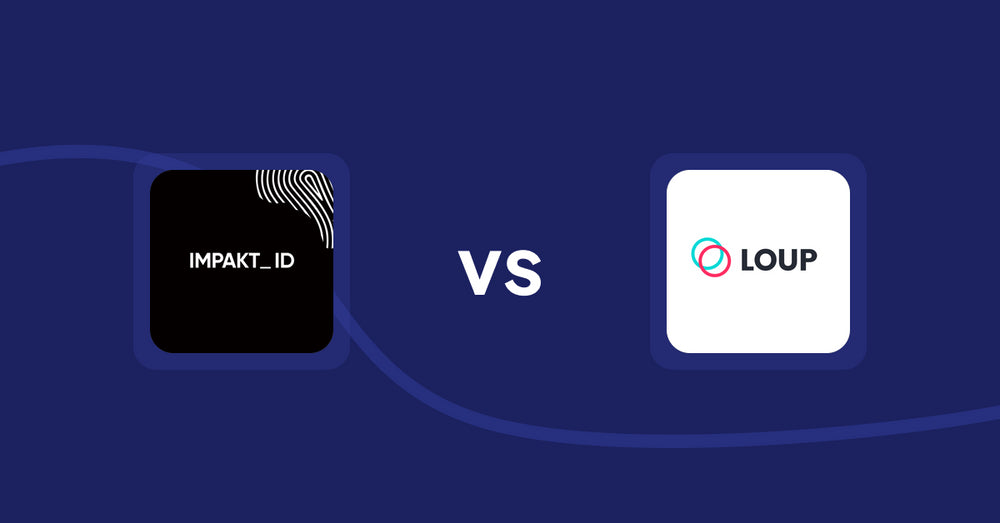Shopify Metafield Apps: Native Metafields vs Parameterizer

Table of Contents
- Introduction
- How Does Native Metafields Work?
- How Does Parameterizer Work?
- How Much Does Native Metafields Cost?
- How much does Parameterizer cost?
- Cost Analysis: Native Metafields vs. Parameterizer
- User Reviews & Customer Support Insights
- Integration and Compatibility Comparison
- Conclusion
Introduction
In today’s competitive e-commerce landscape, metafields play a crucial role in enhancing product details and improving customer experience. They allow businesses to provide additional data about their products, leading to informed purchasing decisions and tailored marketing strategies. Given their importance, choosing the right metafield management app can significantly impact your store's performance.This blog will delve into two notable apps designed for this purpose: Native Metafields and Parameterizer. Both apps promise to enhance your metafield management experience, offering a range of features that cater to different business needs. However, their capabilities and approaches differ, making one seem like a better solution than the other.
How Does Native Metafields Work?
Native Metafields is designed to simplify the management and customization of metafields across Shopify stores. Its robust interface enables users to view, edit, and organize metafields without complications. Here’s how it enhances your metafield handling:Comprehensive Management: The core utility of Native Metafields lies in its all-in-one interface that allows you to view, filter, search, and edit metafields swiftly. This feature is particularly beneficial for businesses looking to manage extensive product lines with multiple parameters.
Editing and Importing Capabilities: For growing businesses, being able to edit metafields directly within the app saves time and resources. Additionally, the app allows users to import and export metafields, which is invaluable for data management and migration. This is essential for businesses of all sizes, from startups needing basic metafield functionality to larger enterprises with complex data structures.
Media Uploading Options: The ability to upload files, images, and videos directly improves engagement. For instance, showcasing product videos or detailed images can significantly enhance the shopping experience, encouraging customers to make purchases.
Liquid Syntax Retrieval: Users can retrieve the Liquid syntax of their metafields, providing flexibility for customization in their theme design. This empowers businesses, particularly those with development resources, to tailor their appearance to align with brand aesthetics.
Hypothetical Scenarios: Imagine a small e-commerce store that specializes in handmade jewelry. Using Native Metafields, the owner can effortlessly manage various product variant attributes such as materials, sizes, and styles. The ability to upload high-quality images and videos will showcase their craftsmanship, leading to increased customer interest and likely higher sales.
How Does Parameterizer Work?
Parameterizer is another metafield management app developed to streamline product selection in stores with extensive collections and various parameters. It aims to enhance product visibility through organized filtering options.Selection Flexibility: This app allows users to implement various product parameters, which can facilitate quick searches and selections for customers browsing large product collections. However, its functionality is narrower compared to Native Metafields, focusing on product parameters rather than comprehensive metafield management.
Application in Different Business Sizes: Startups might find Parameterizer useful if they are dealing primarily with a broad range of customized products. However, as businesses grow, they might need more robust editing and importing features that Native Metafields offers.
Unique Offerings: Parameterizer stands out in its ability to combine fixed and range parameters, which might be advantageous for businesses with technical or spec-heavy products. Yet, its lack of user interaction features like file uploads limits the engagement it can foster.
Overall, while Parameterizer offers useful features for product selection, its scope is quite limited relative to the comprehensive management tools available in Native Metafields.
How Much Does Native Metafields Cost?
Cost-effective solutions in metafield management are crucial for businesses of all sizes. Here’s a breakdown of Native Metafields' pricing tiers:Starter Plan - Free: This introductory plan is perfect for startups testing the waters. It allows users to see products, variants, and orders metafields, providing basic functionality without any cost. While suitable for initial trials, it lacks editing capabilities.
Advanced Plan - $6.99/month: With 14 trial days, this plan includes all Starter features along with the ability to edit metafields and import/export up to 500 records. Ideal for small to medium businesses, it balances cost with essential editing features to accommodate growing inventories.
Professional Plan - $9.99/month: This plan also offers a 14-day trial and includes all Advanced features, allowing import/export of up to 2000 records. It caters to larger businesses or those with extensive metafield requirements, ensuring they have sufficient management capacity.
Expert Plan - $15.99/month: At this tier, users can import/export up to 5000 records along with all Professional features. Companies with vast inventories that require frequent updates will find this plan suitable for their needs.
It is important to note that you can always reach out to our team and we can create a custom pricing plan to suit your needs and your budget. Schedule a call via this link and we’ll come up with the best solution for you and your business.
How much does Parameterizer cost?
When considering cost-effective solutions in metafield management, it's essential to understand the pricing framework of Parameterizer.Regular Plan - $11/month: The sole pricing tier focuses on providing compatibility with essential themes like Simple, Debut, and Dawn. While it offers targeted functionality, it may not deliver adequate value for users needing broader features such as extensive editing or importing capabilities present in Native Metafields.
Considerations for Businesses: The straightforward nature of Parameterizer’s pricing structure may appeal to startups, but its limited features might lead more established businesses to seek comprehensive solutions like Native Metafields, even if they bear a slightly higher monthly cost.
Overall, the app does not exhibit the same tiered approach as Native Metafields, which explains its lack of flexibility for various business scales.
Cost Analysis: Native Metafields vs. Parameterizer
A comparison of the cost structures reveals stark differences in value propositions. Native Metafields offers tiered pricing, allowing businesses to select plans that best match their inventory size and metafield management needs, while Parameterizer presents a singular price with limited features.Considering the trials, Native Metafields provides a systematic opportunity for businesses to explore functionalities before committing further funds, which can lead to better decision-making.
The scope of features available at each price point in Native Metafields stands out, enhancing its appeal for organizations wishing to maximize their investment in metafield management. In contrast, Parameterizer may prove to be a less versatile option due to its higher monthly cost for fewer features.
User Reviews & Customer Support Insights
Is Native Metafields good?
Native Metafields boasts a rating of 5 stars from 64 reviews, indicating high user satisfaction. Customers appreciate its user-friendly interface and robust functionality for managing various metafield types. The app's ability to streamline processes and enhance engagement is frequently highlighted, making it a valuable asset for Shopify store owners.Is Parameterizer good?
With an average rating of 0 stars from no reviews, Parameterizer lacks feedback that can effectively gauge its performance and reliability. It is reasonable to conjecture that users may find certain features beneficial, but the absence of reviews indicates potential challenges in areas such as usability or effectiveness. Furthermore, with limited exposure and no current customer support feedback, it could be concerning for prospective users.User Preference: Native Metafields or Parameterizer?
Based on the average ratings, it is evident that Native Metafields is significantly more favored. Its comprehensive functionalities, high rating, and positive user feedback present it as a more reliable option for managing metafields compared to Parameterizer, which currently holds no ratings to substantiate performance claims.The disparity in user experiences likely hinges on the wide variety of essential features offered by Native Metafields that cater to diverse business needs, enhancing its overall effectiveness in metafield management.
Integration and Compatibility Comparison
Parameterizer Integrations:
Parameterizer integrates with several essential platforms, including Ukrposhta and NovaPost, aimed at facilitating swift product delivery solutions. However, it lacks clarity on broader integrations that could enhance its utility in the Shopify ecosystem. The limited compatibility compared to Native Metafields restricts potential optimization for businesses seeking extensive integrations.Conclusion
Both Native Metafields and Parameterizer offer distinct solutions for metafield management. Nonetheless, Native Metafields consistently stands out with its user-friendly design, comprehensive features, and better pricing options tailored to various business scales. Its 5-star rating reflects ample user satisfaction and establishes its standing as a solid choice for enhancing customer engagement through effective metafield management.For businesses considering options, Native Metafields not only offers the tools necessary to manage metafields effectively but also provides substantial flexibility for growth, ultimately making it a superior solution in today’s market.
Still Searching for the Perfect Customization Solution?
Stop searching and start thriving with Accentuate Custom Fields! This powerful metafield management app supercharges Shopify’s native features, giving you the tools to create a truly personalized customer experience.
Why Choose Accentuate Custom Fields?
- Advanced Customization: Unlimited field definitions, logical grouping, and custom layouts make your store one-of-a-kind.
- Enhanced Editor Experience: Effortlessly edit variant metafields, use advanced HTML and markdown editors, and sync field definitions between stores.
- Flexible Management: Import/export capabilities, automatic tagging, and comprehensive support for Metaobjects and versioning.
- 24/7 Support: If you have any questions or need assistance, our team is available around the clock to help with any custom modifications to suit your store.
Join over 12,000 merchants, including top Shopify Plus stores, who trust Accentuate for their customization needs. With a stellar 4.9-star rating, Accentuate is the go-to tool for advanced CMS needs, offering unmatched flexibility and control over your store’s content. Elevate your Shopify store with high-quality content that boosts customer experiences and conversions. Tell your story, showcase your products, and create an engaging customer journey with ease.
Experience the Accentuate difference and watch your Shopify store thrive!
Accentuate vs Competition
Explore how Accentuate Custom Fields stands out. Whether you’re aiming to customise your storefront, streamline operations or improve content management, see how we compare against the competition
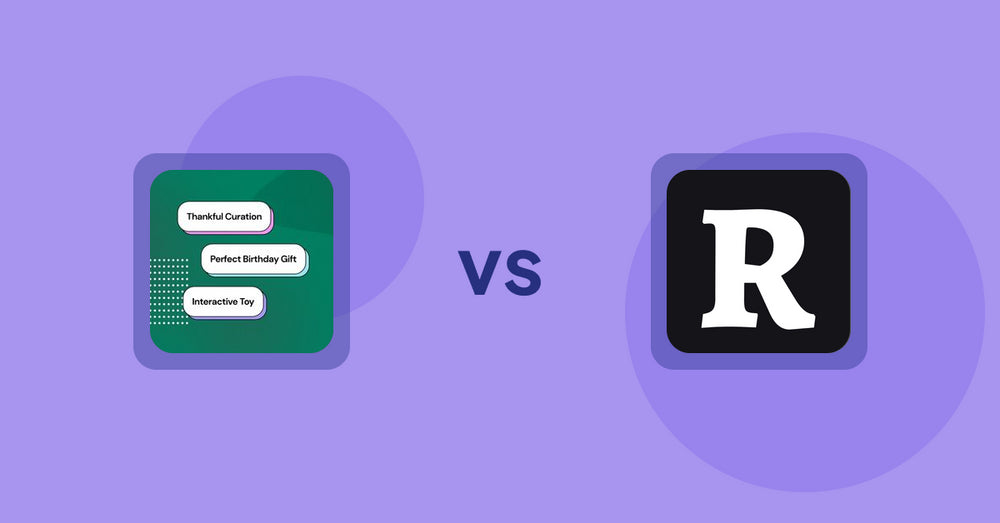
Shopify Product Display Apps: FeatureFrame ‑ Pretty Product vs. AI SEO: Top Product Features
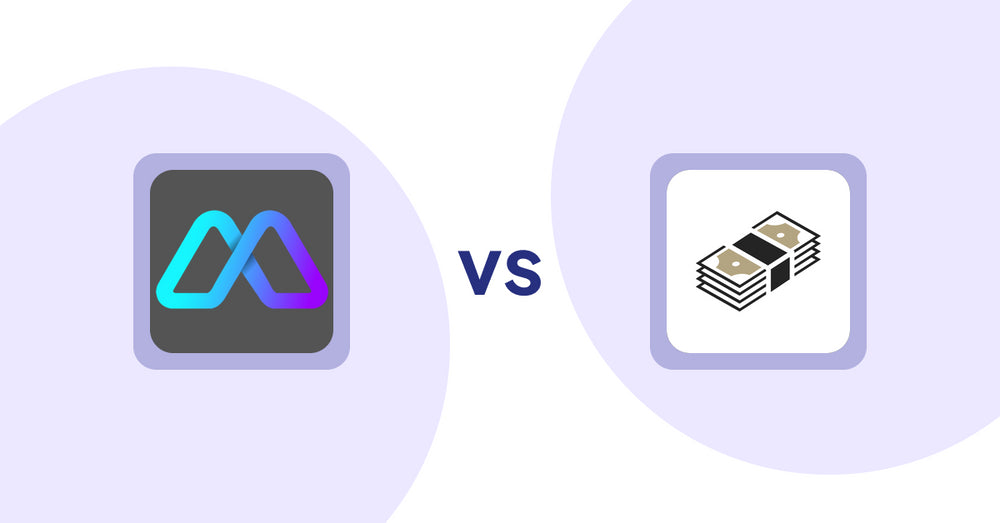
Shopify Product Display Apps: Metadrob: Create Virtual Store vs シンプルクラウドファンディング|お手軽自社クラファン
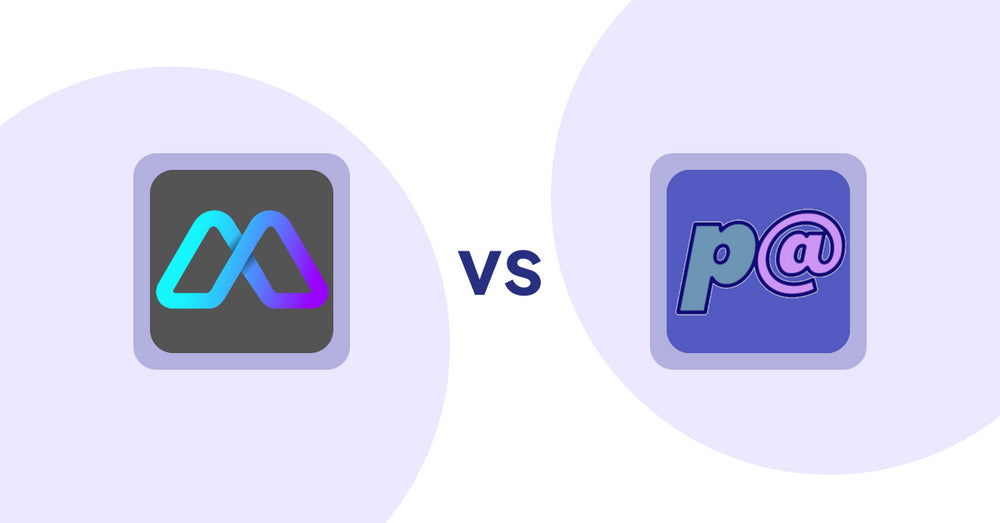
Shopify Product Display Apps: Metadrob: Create Virtual Store vs Parameterizer
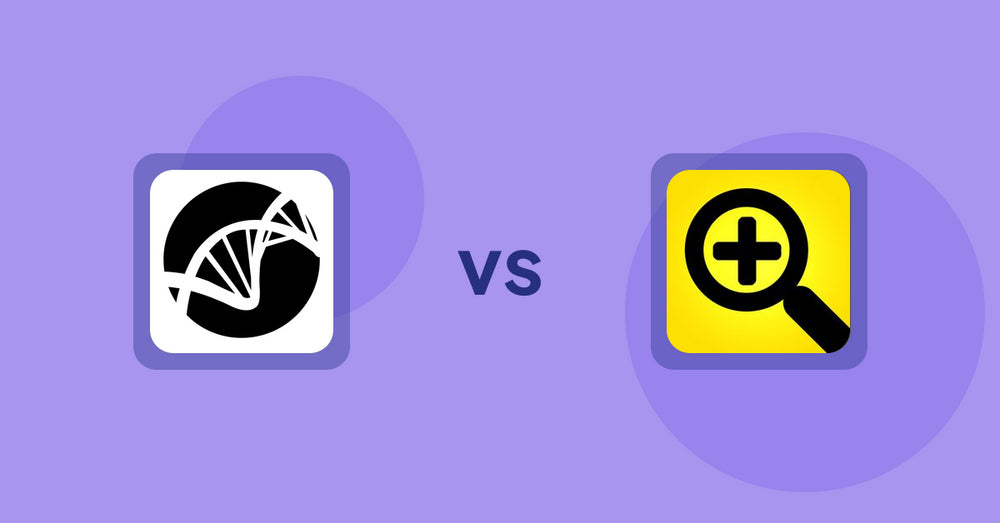
Shopify Product Display Apps: Bike Matrix vs. Fast View: Fastest Quick View
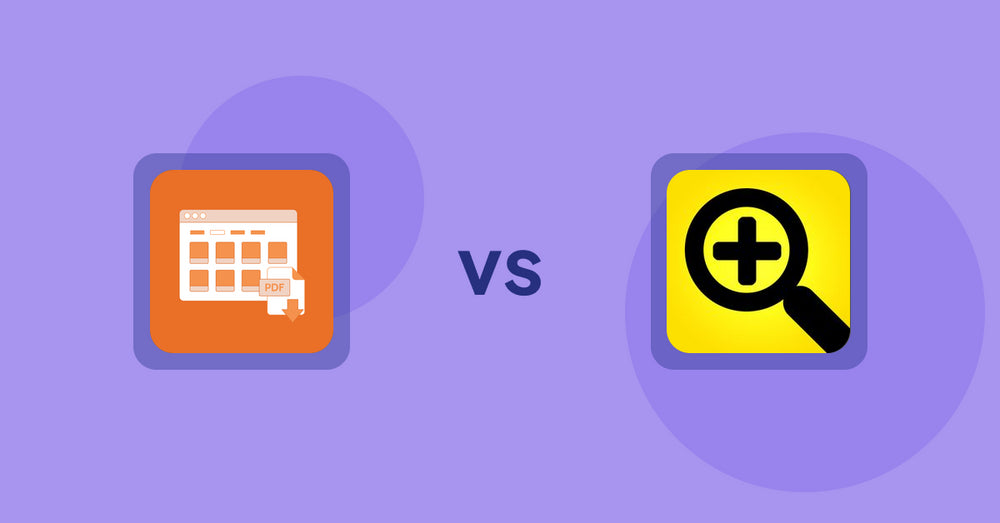
Shopify Product Display Apps: Meetanshi PDF Product Catalog vs Fast View: Fastest Quick View
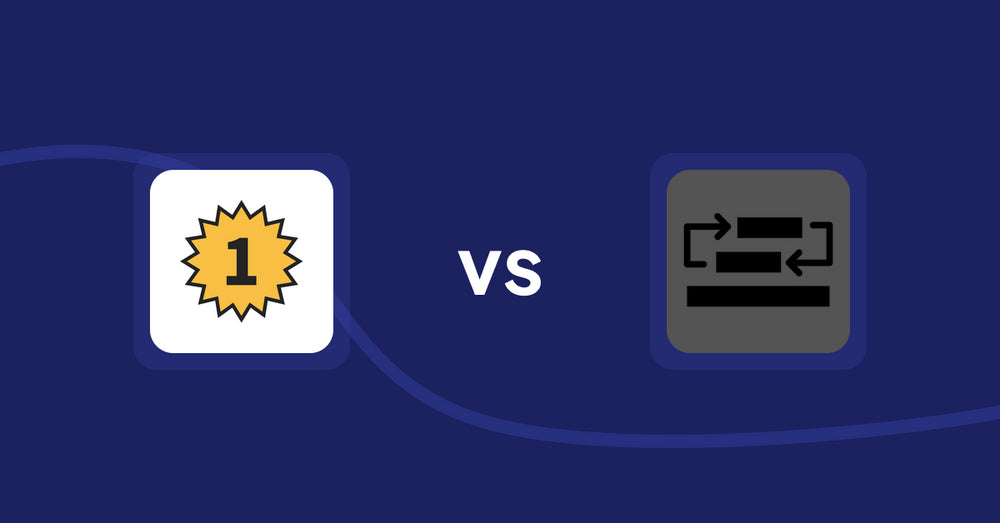
Shopify Product Display Apps: UR: Smart Ranking vs Sortyfi Collection Merchandise
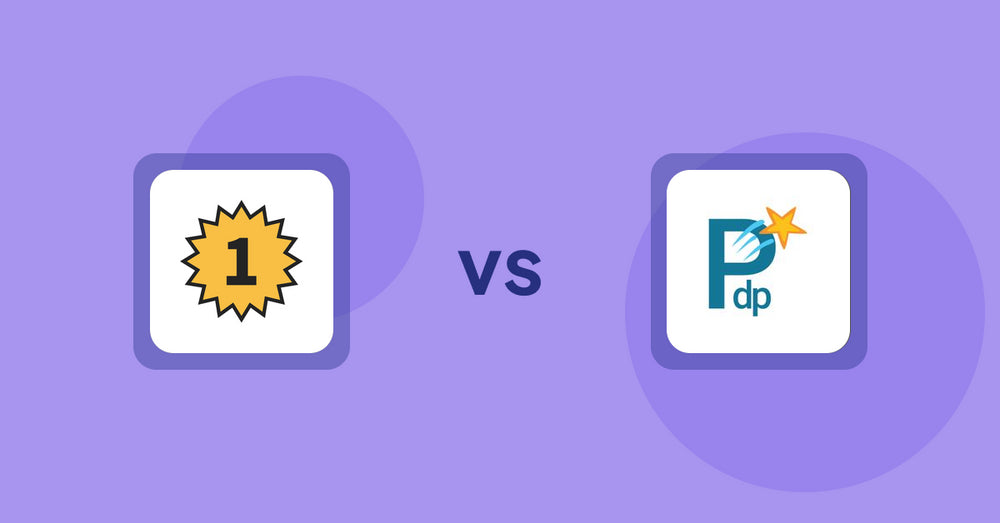
Shopify Product Display Apps: UR: Smart Ranking vs PDP Star
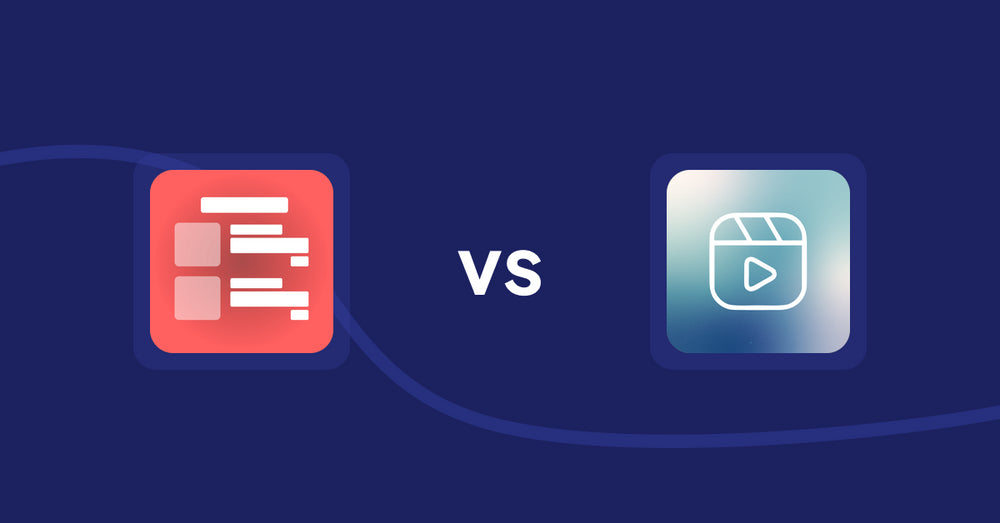
Shopify Product Display Apps: Menulog vs Reelify ‑ Shoppable Reel Video
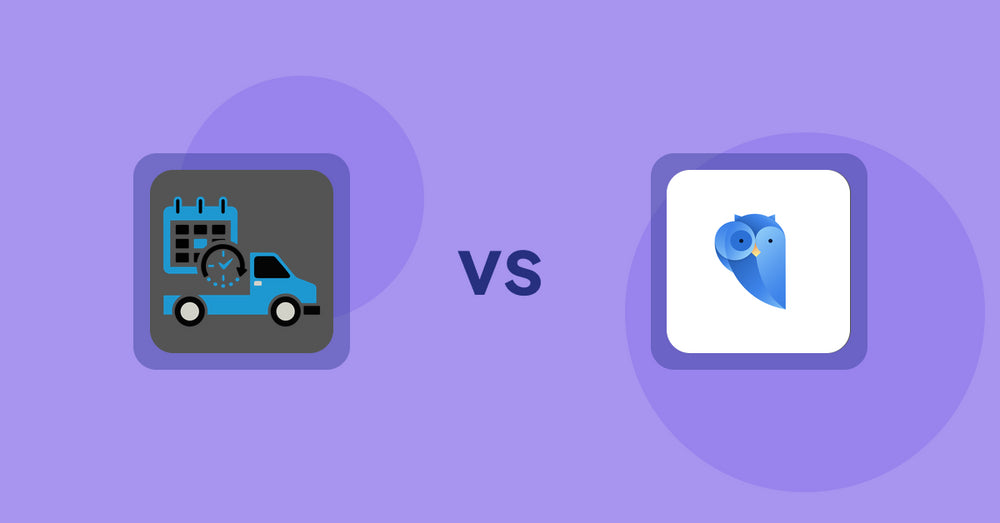
Shopify Product Display Apps: H3 Estimated Delivery vs Findify Search & Merchandise
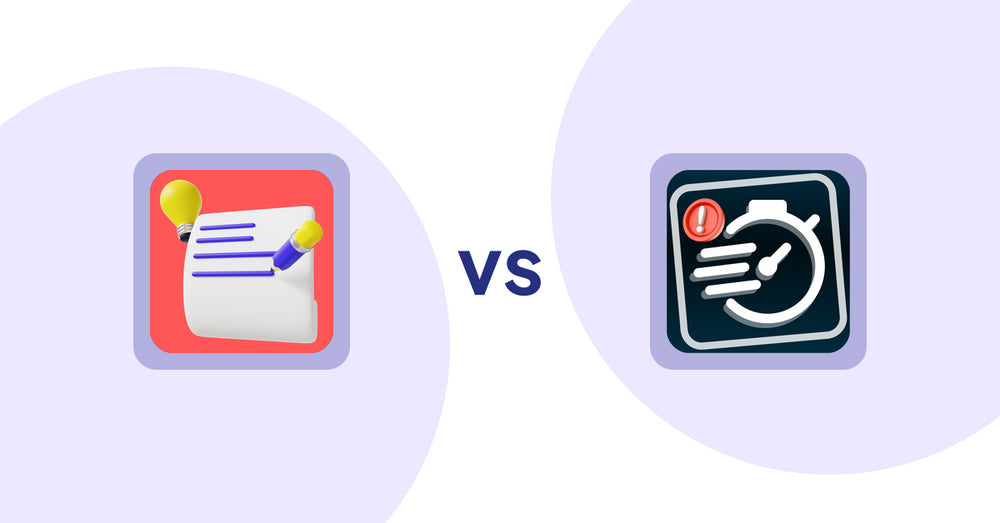
Shopify Product Display Apps: Wordo ‑ ChatGPT AI Description vs Urgency! Low Stock Counter
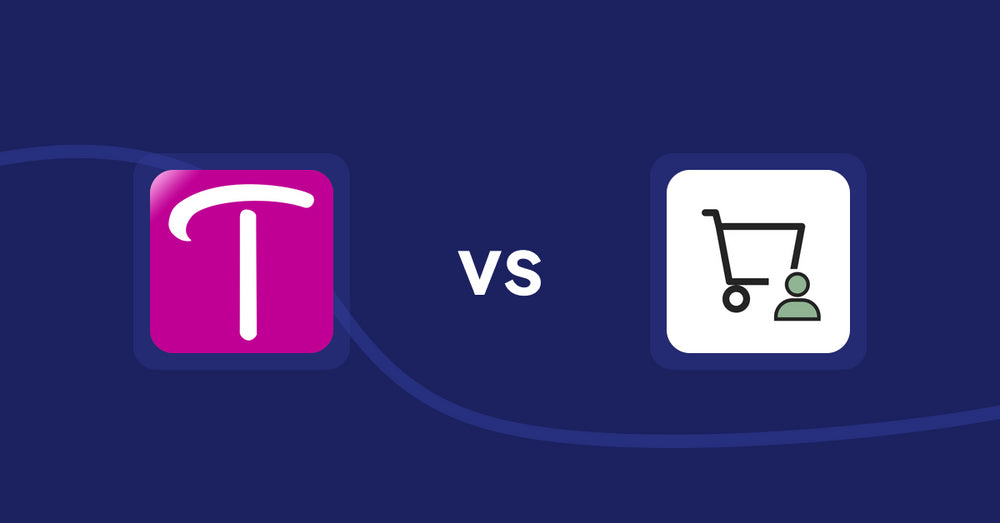
Shopify Product Display Apps: WS Transparency vs シンプル会員注文割引|お手軽ログインセール設定
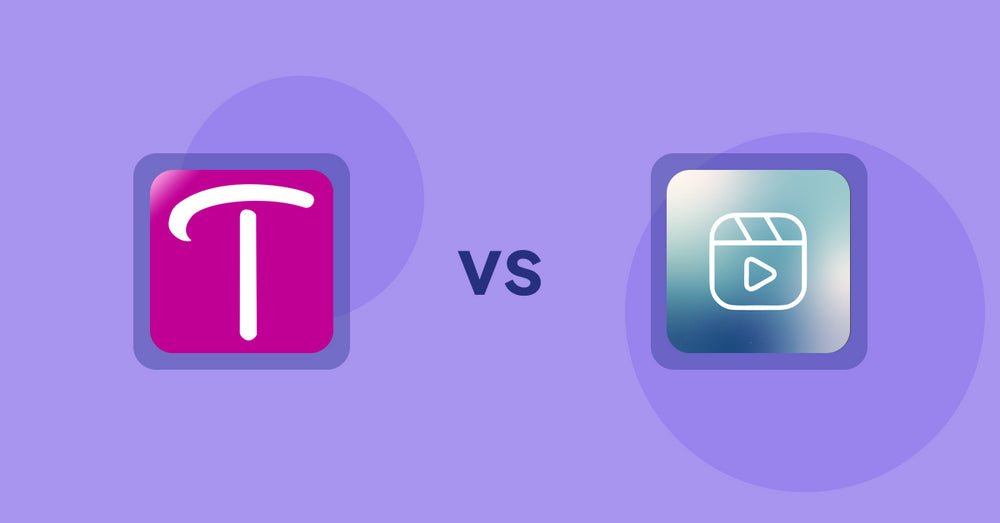
Shopify Product Display Apps: WS Transparency vs Reelify ‑ Shoppable Reel Video
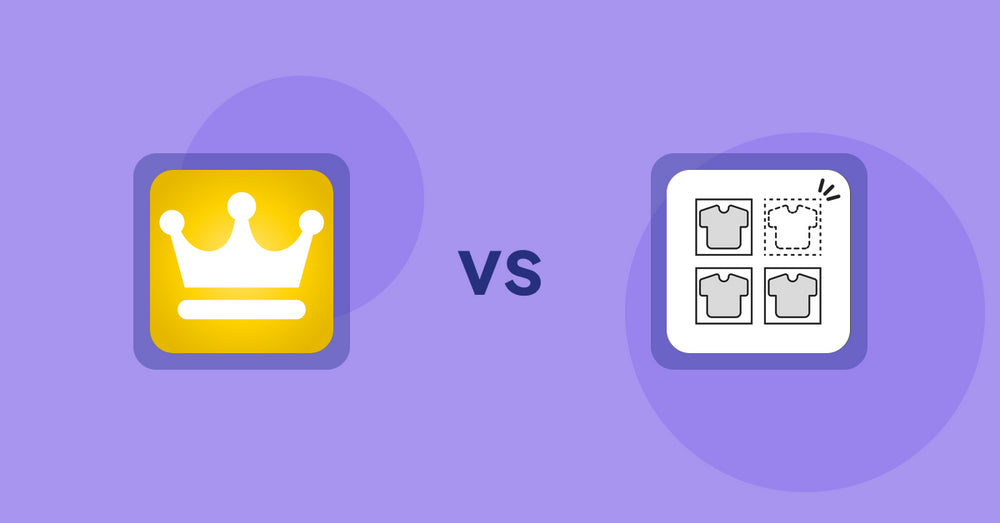
Shopify Product Display Apps: Awesome Ranking vs シンプル売り切れ非表示|在庫切れ商品の表示変更
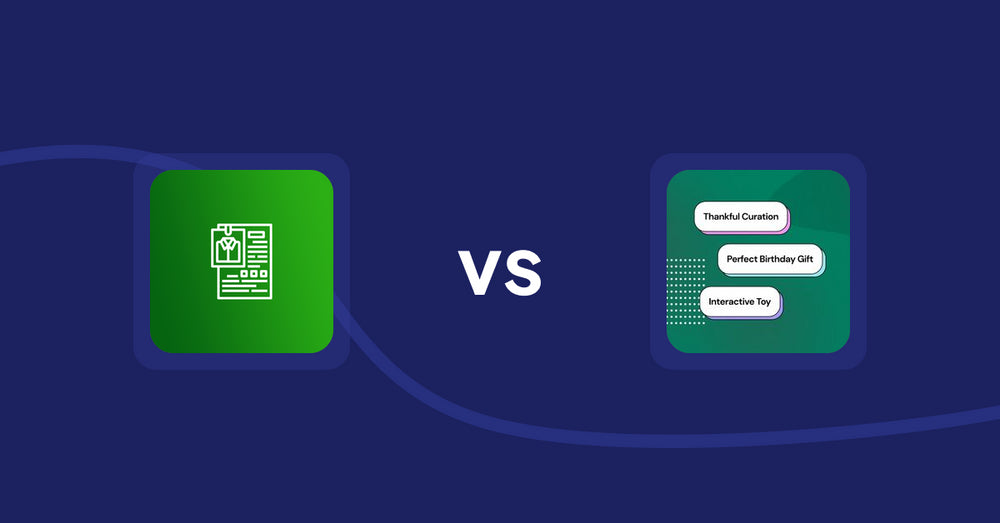
Shopify Product Display Apps: OC Product Size Chart vs FeatureFrame ‑ Pretty Product
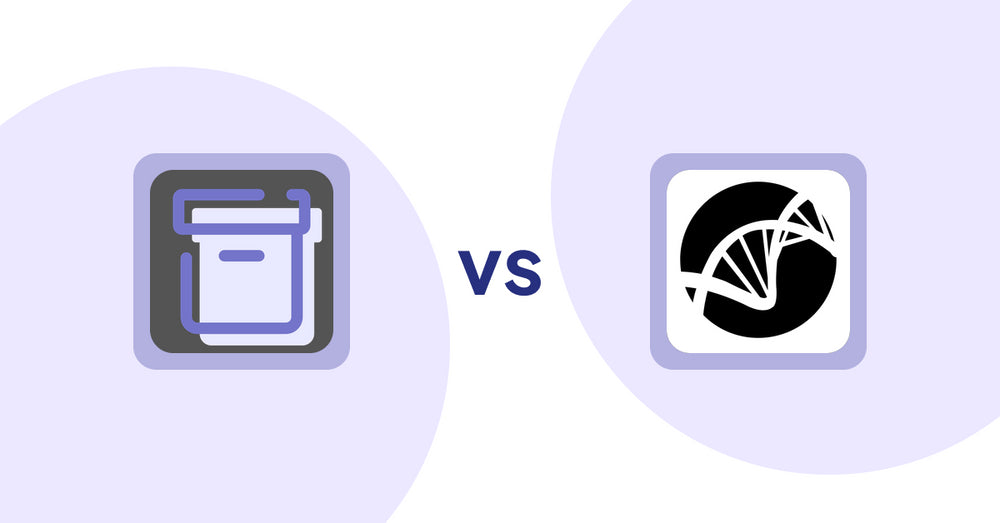
Shopify Product Display Apps: Shelfify vs Bike Matrix
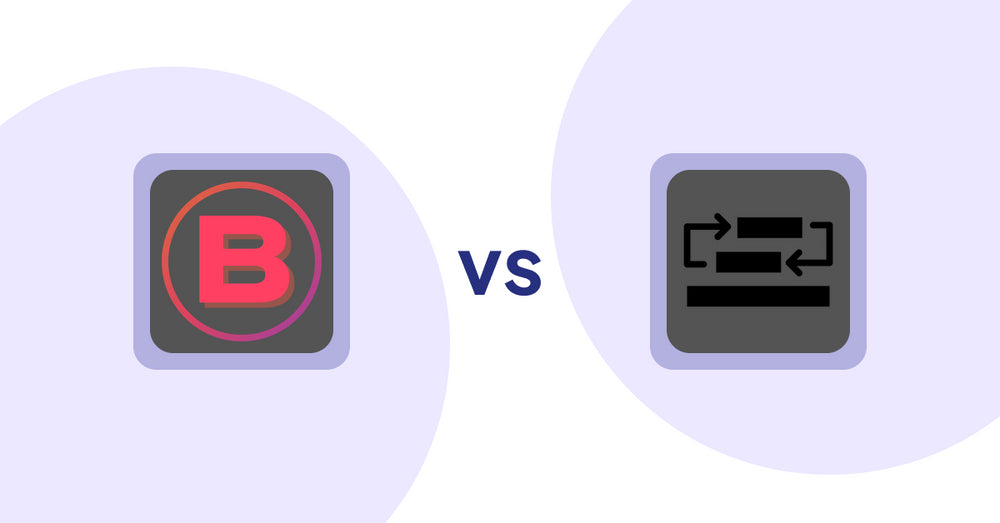
Shopify Product Display Apps: Banter Stories vs Sortyfi Collection Merchandise
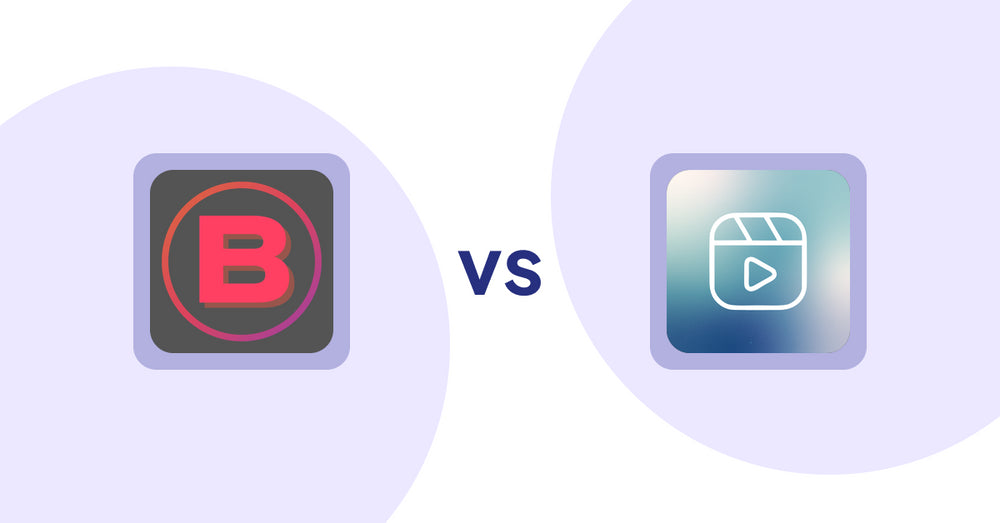
Shopify Product Display Apps: Banter Stories vs. Reelify ‑ Shoppable Reel Video
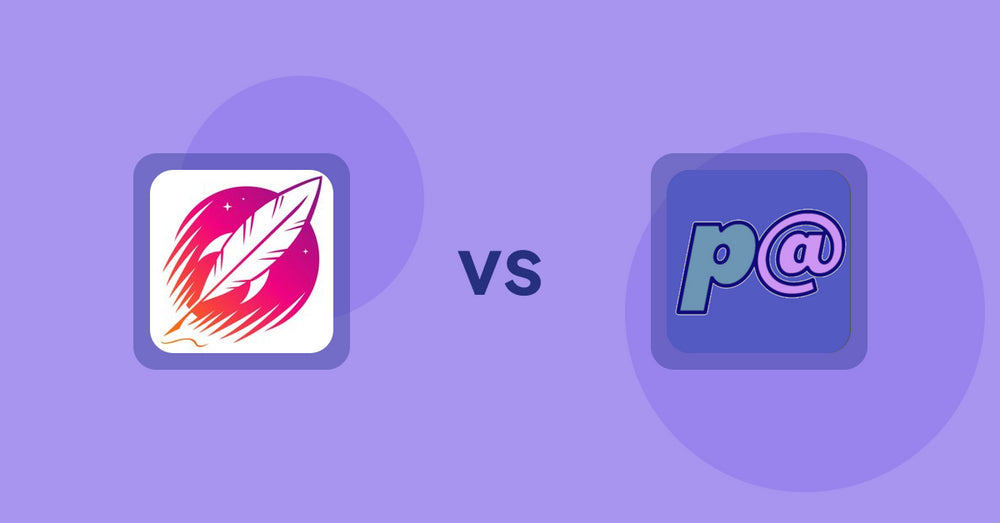
Shopify Product Display Apps: Wordsmith: Content Generator vs Parameterizer
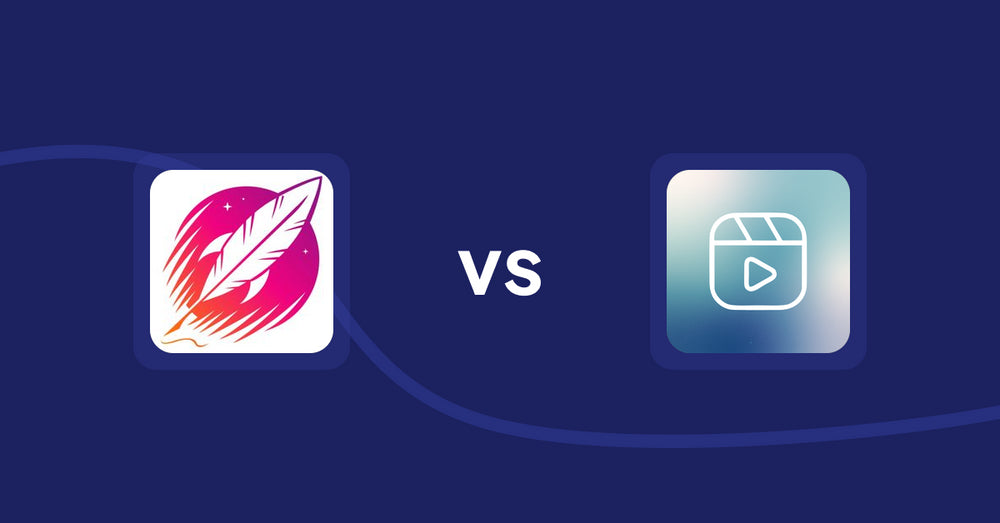
Shopify Product Display Apps: Wordsmith: Content Generator vs Reelify ‑ Shoppable Reel Video
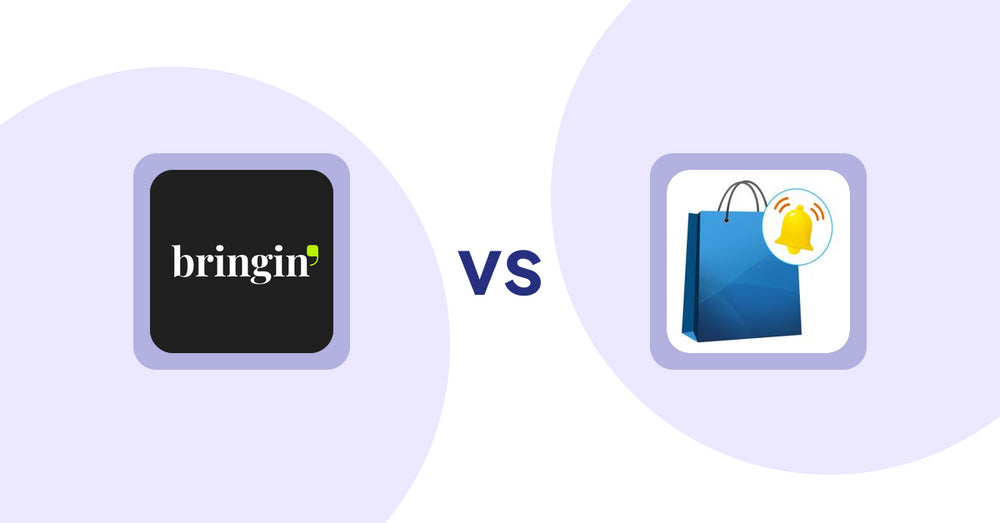
Shopify Product Display Apps: Bringin vs CartBar ‑ Product Purchase Bar
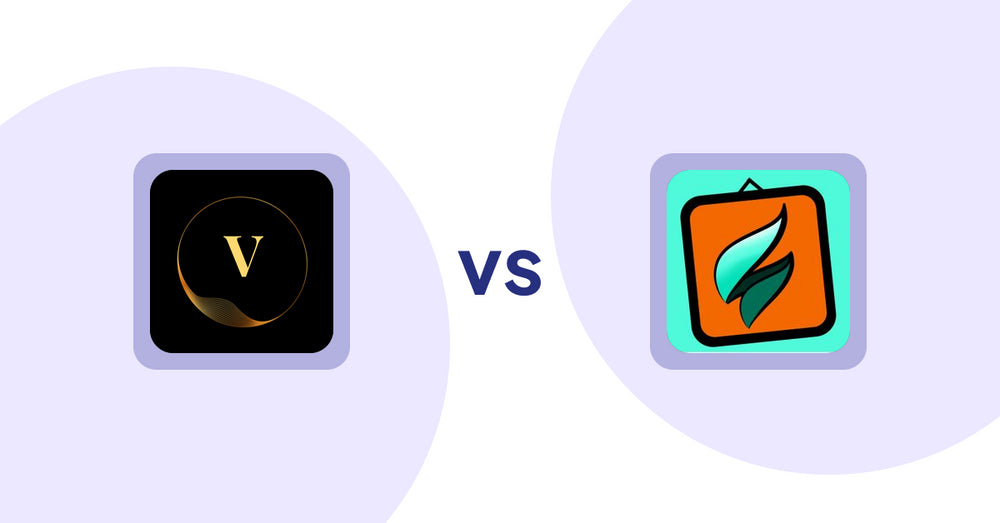
Shopify Product Display Apps: ProductTube vs SMART ‑ Art Product Builder
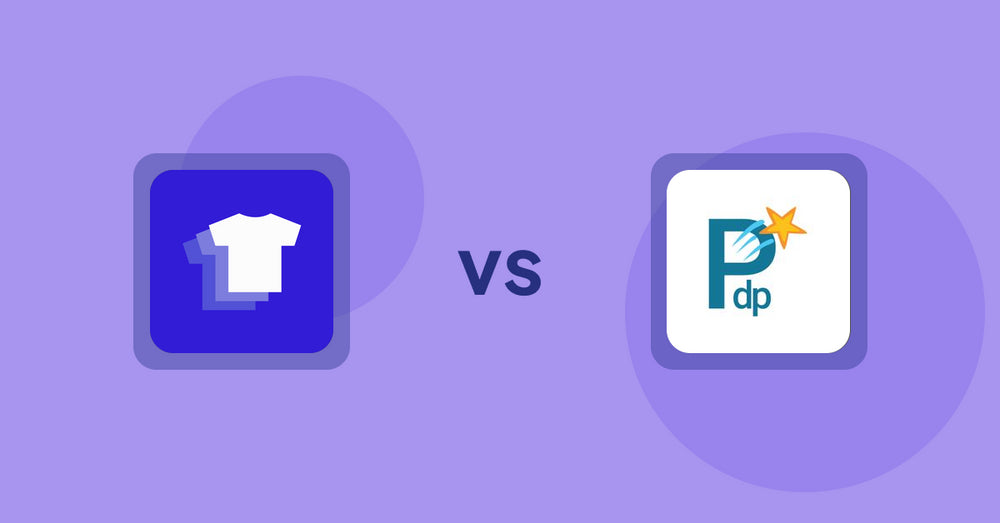
Shopify Product Display Apps: Xpander vs PDP Star
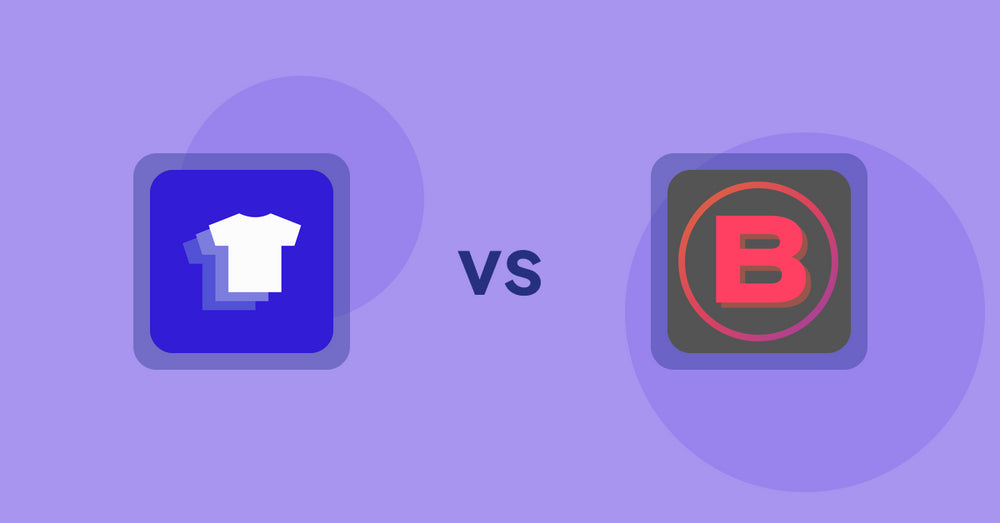
Shopify Product Display Apps: Xpander vs Banter Stories
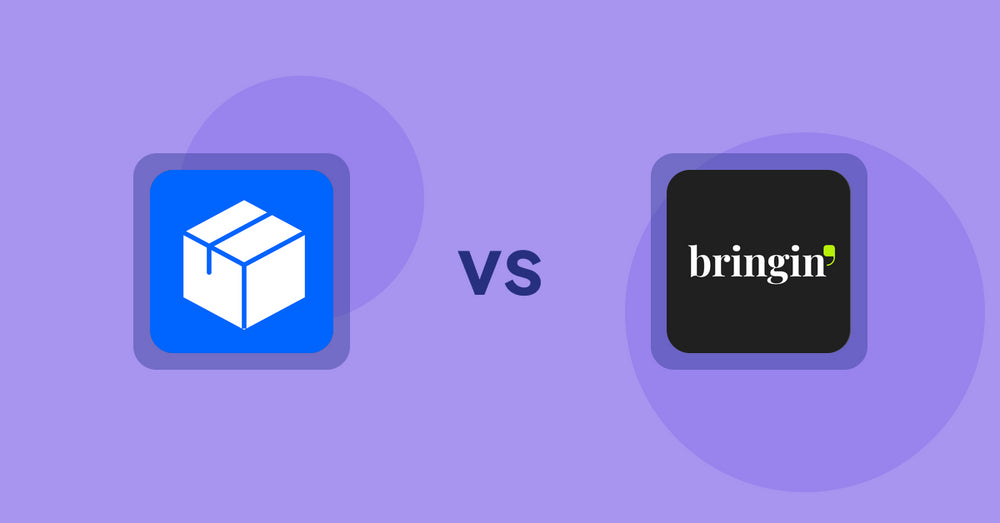
Shopify Product Display Apps: Wonderful Widgets vs Bringin
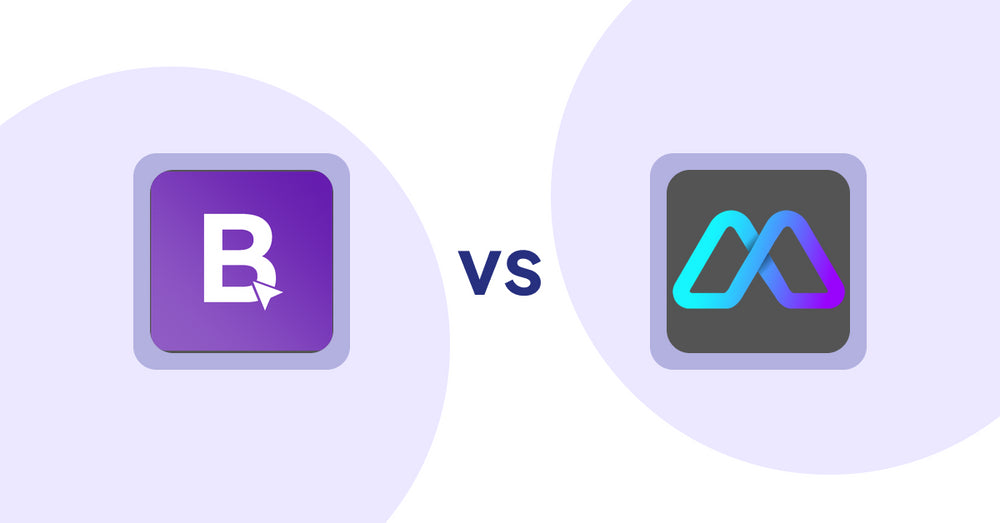
Shopify Product Display Apps: BookE - Rent Property & Service vs Metadrob: Create Virtual Store
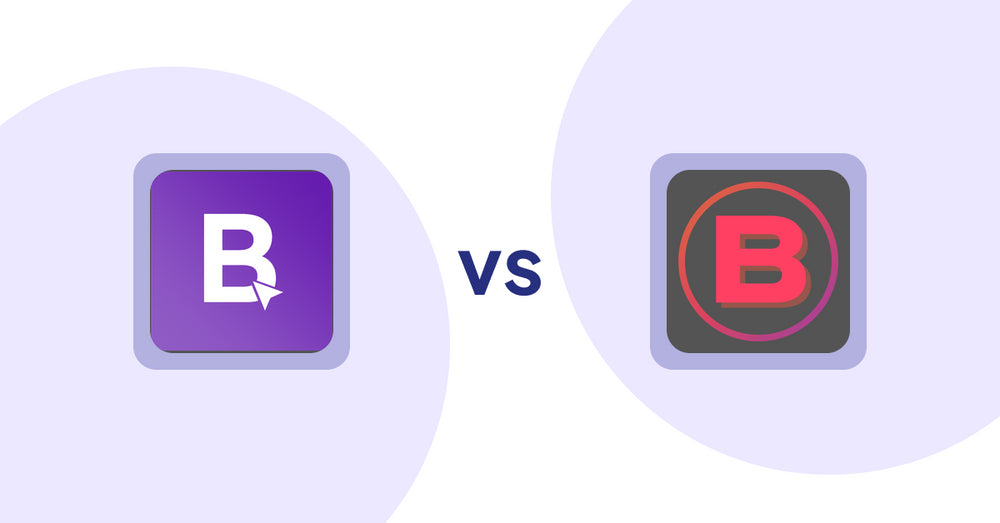
Shopify Product Display Apps: BookE ‑Rent Property & Service vs. Banter Stories
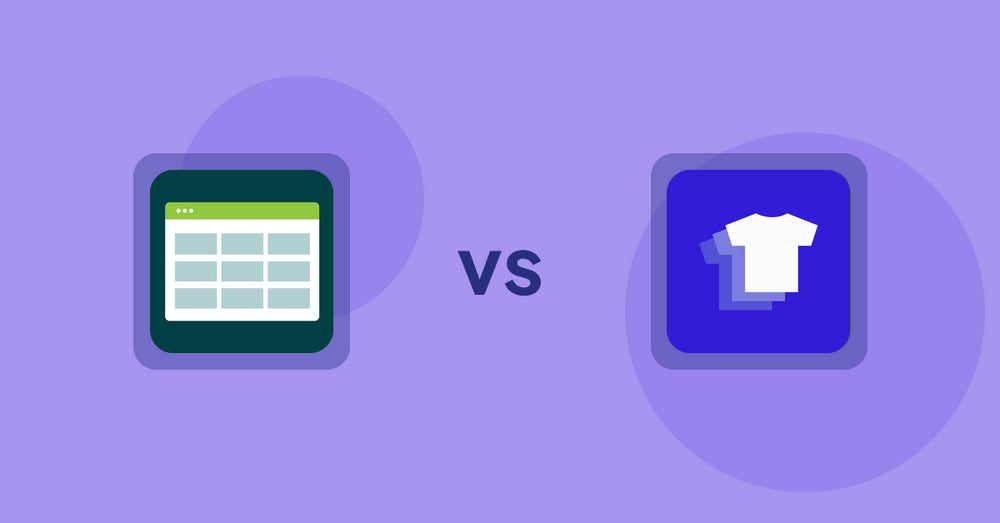
Shopify Product Display Apps: Product Table vs. Xpander
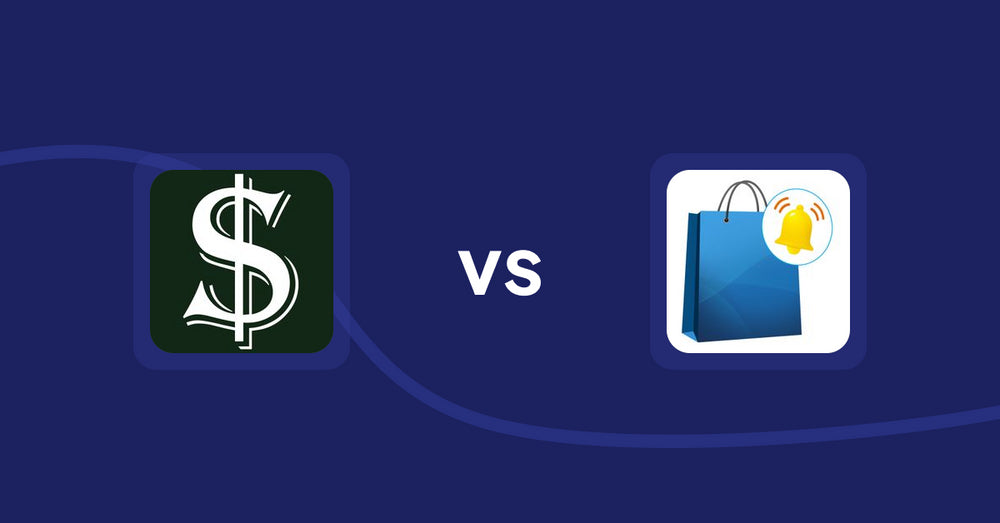
Shopify Product Display Apps: Selling Fast vs CartBar ‑ Product Purchase Bar
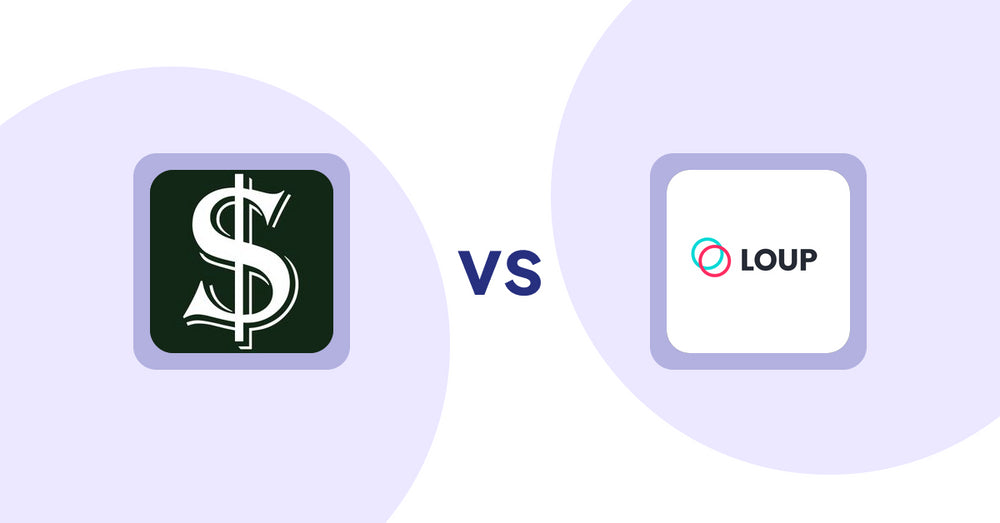
Shopify Product Display Apps: Selling Fast vs. Loup: Sell on Instagram
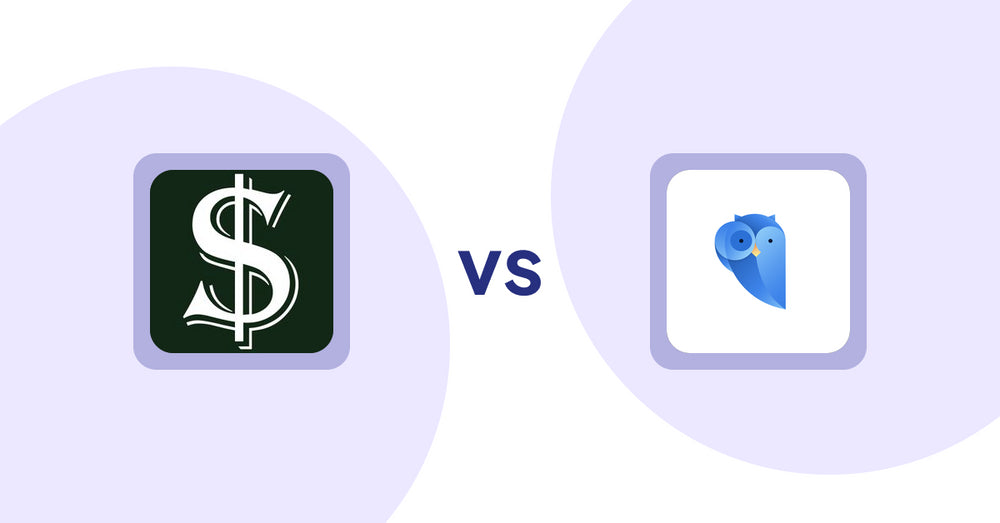
Shopify Product Display Apps: Selling Fast vs. Findify Search & Merchandise
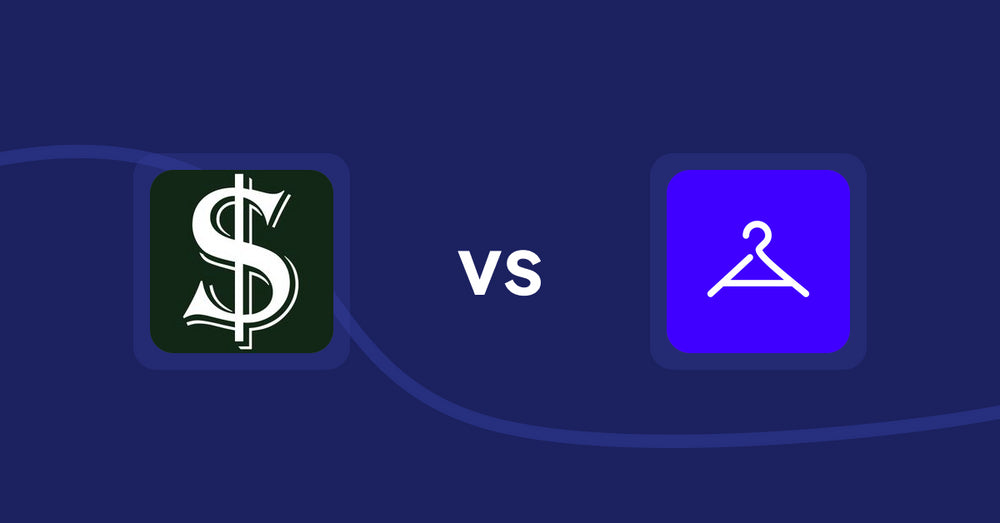
Shopify Product Display Apps: Selling Fast vs. Aiuta
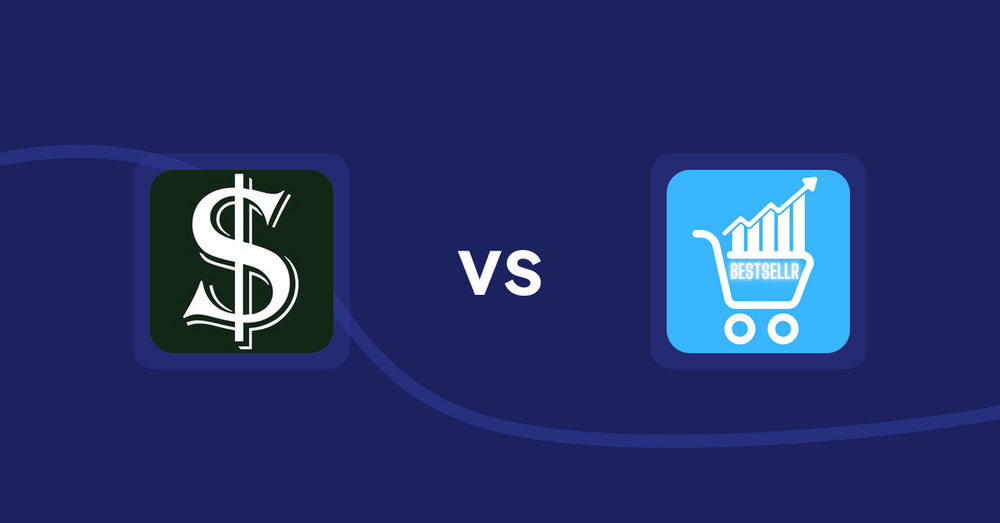
Shopify Product Display Apps: Selling Fast vs Bestsellr
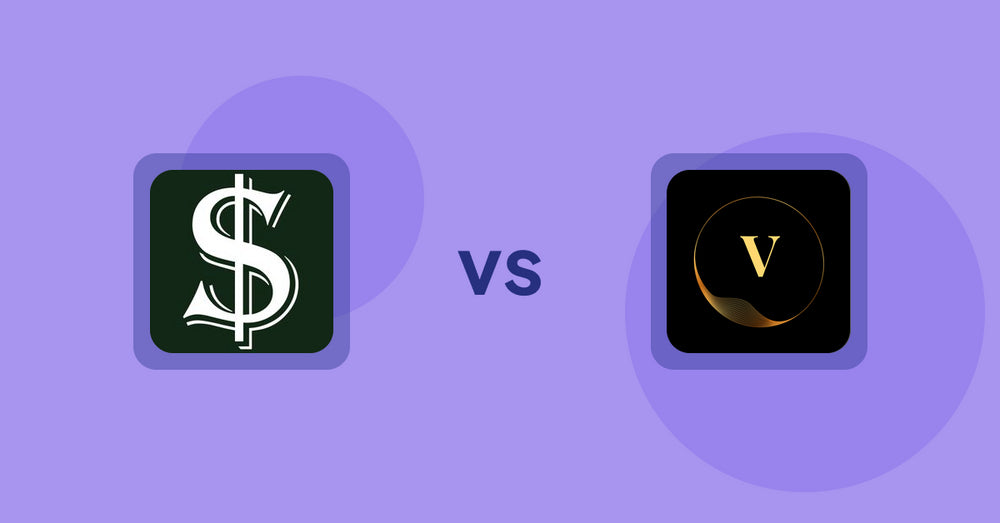
Shopify Product Display Apps: Selling Fast vs ProductTube
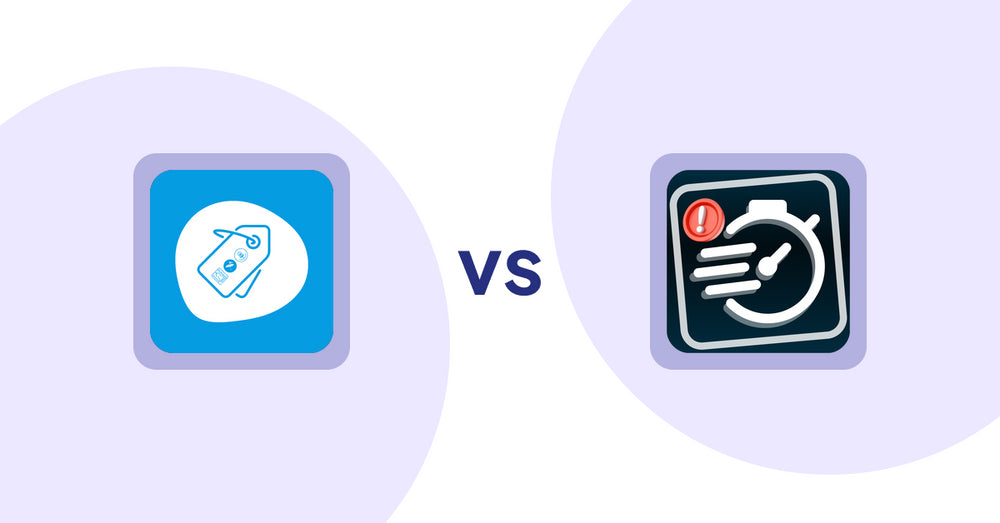
Shopify Product Display Apps: Extendons Product Tag Images vs Urgency! Low Stock Counter
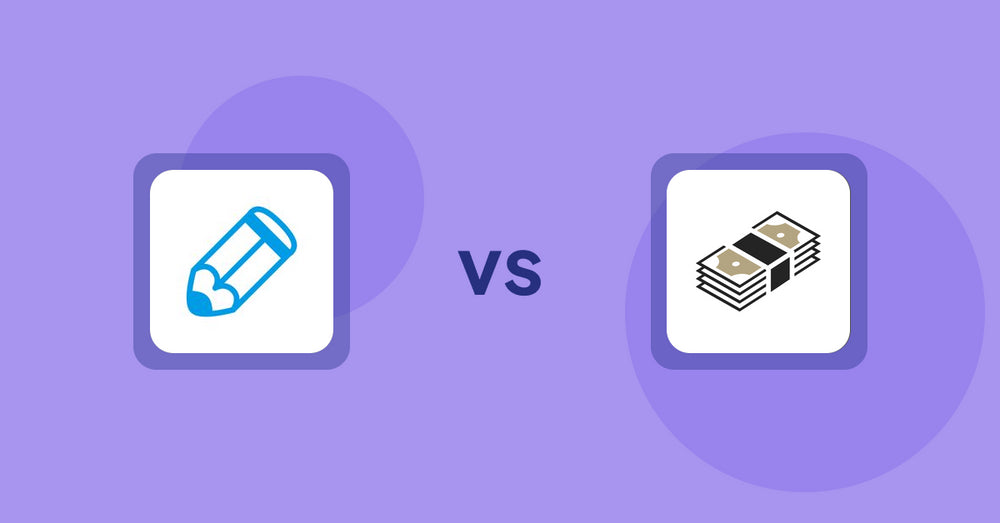
Shopify Product Display Apps: Writer Sofia vs シンプルクラウドファンディング|お手軽自社クラファン
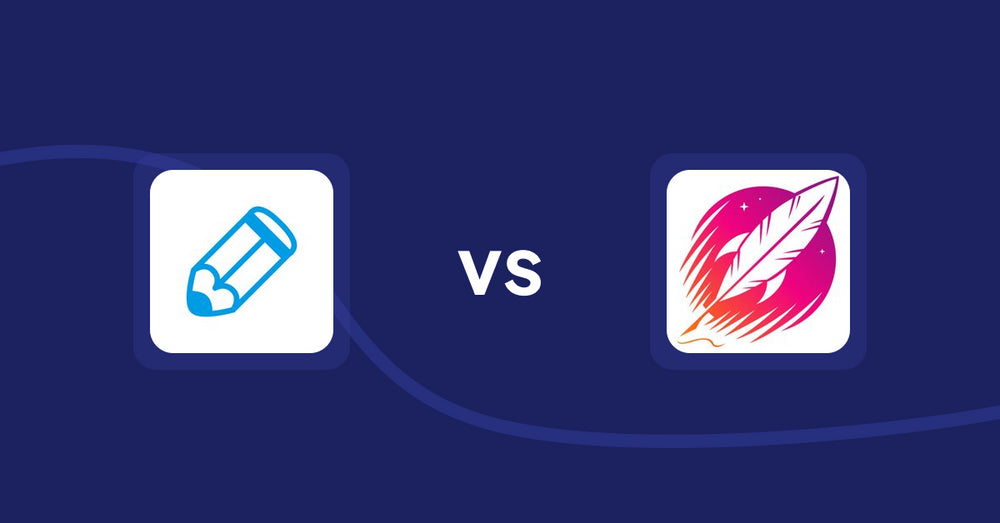
Shopify Product Display Apps: Writer Sofia vs Wordsmith: Content Generator
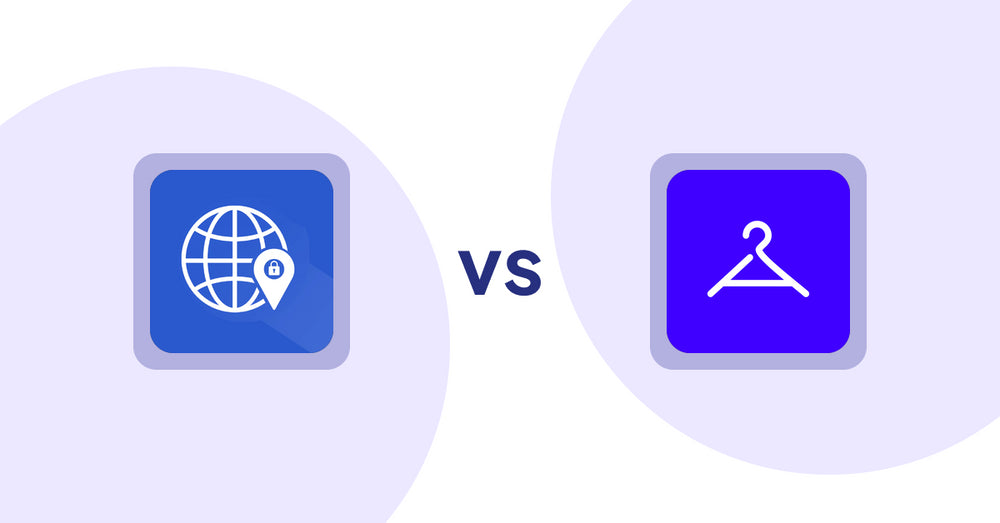
Shopify Product Display Apps: Addify ‑ Country Restrictions vs Aiuta
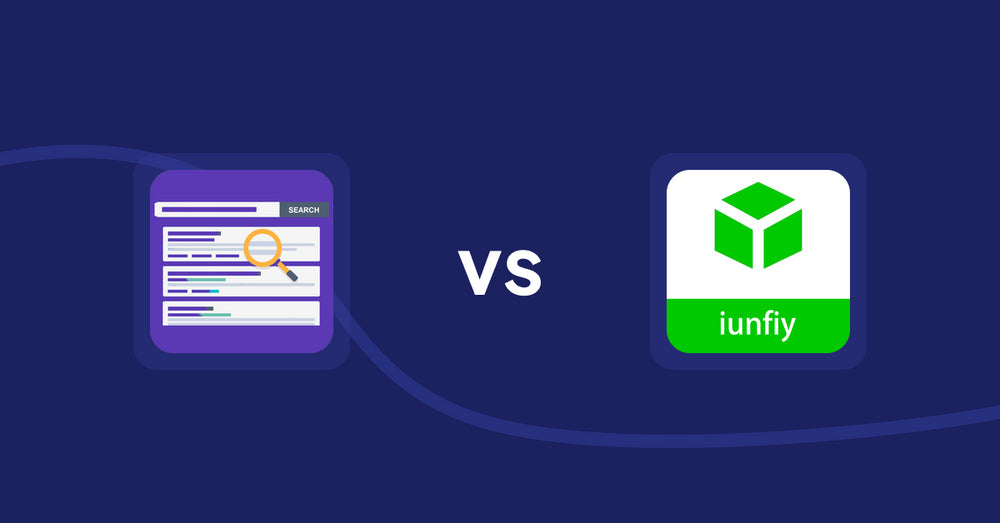
Shopify Product Display Apps: Spark AI Products Description vs iunfiy • Related Products
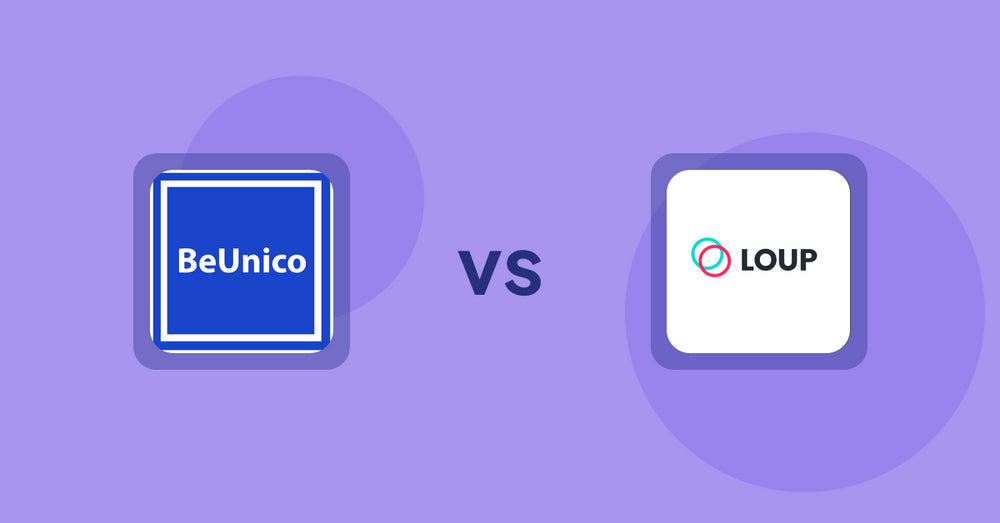
Shopify Product Display Apps: BeUnico vs Loup: Sell on Instagram
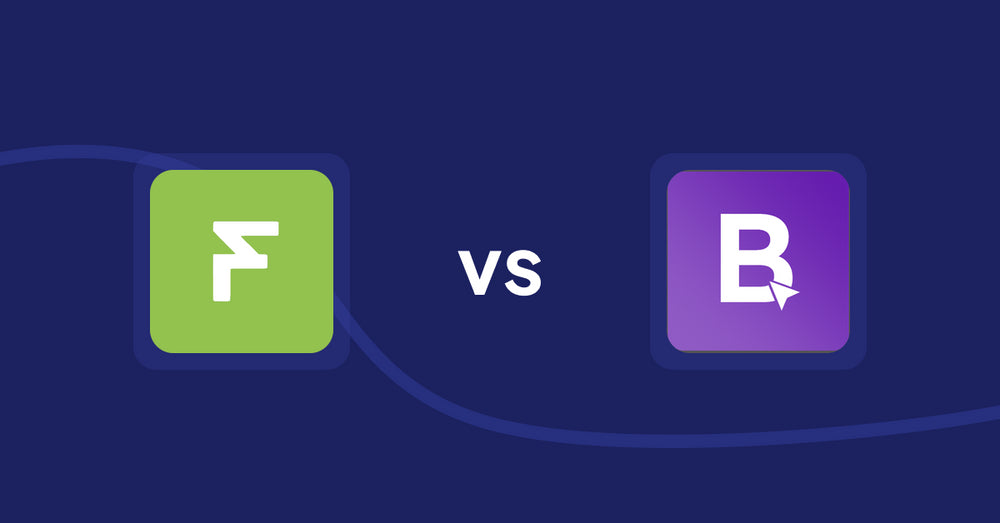
Shopify Product Display Apps: Easy Estimate Shipping vs BookE ‑Rent Property & Service
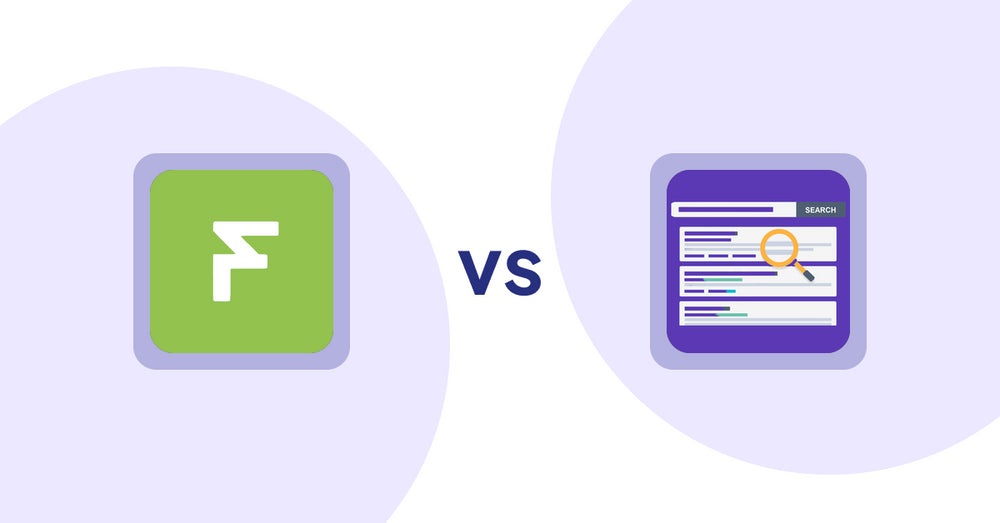
Shopify Product Display Apps: Easy Estimate Shipping vs. Spark AI Products Description
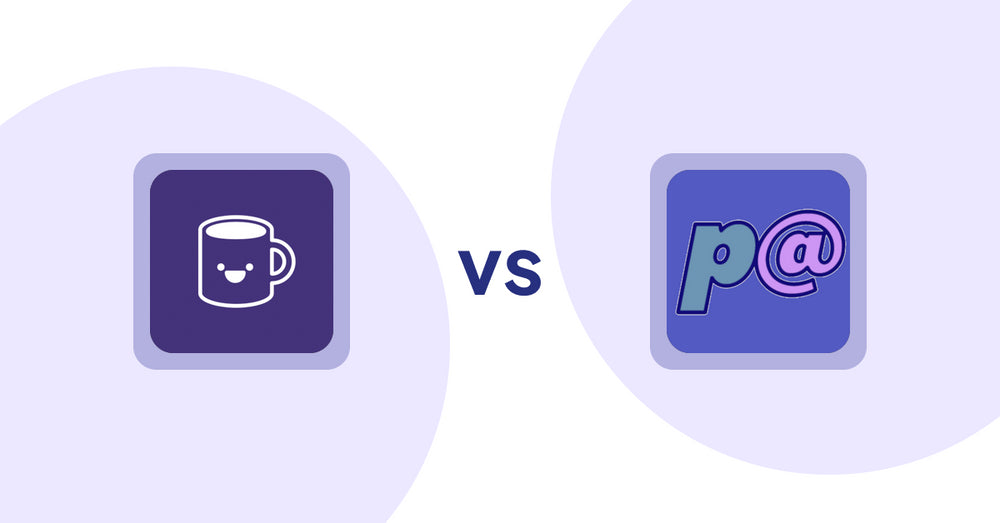
Shopify Product Display Apps: Mugshot Bot vs Parameterizer
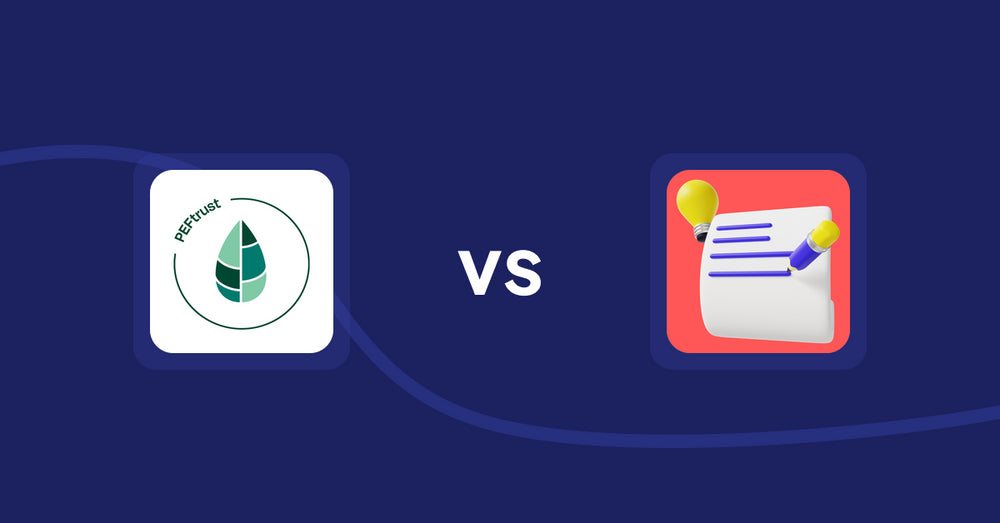
Shopify Product Display Apps: Peftrust vs. Wordo ‑ ChatGPT AI Description
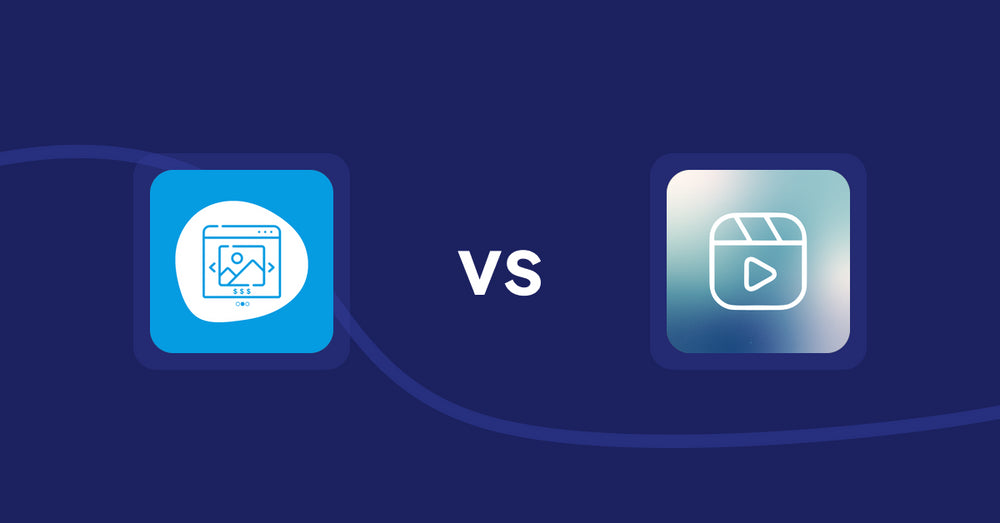
Shopify Product Display Apps: Quick Product Navigator Slide vs Reelify ‑ Shoppable Reel Video
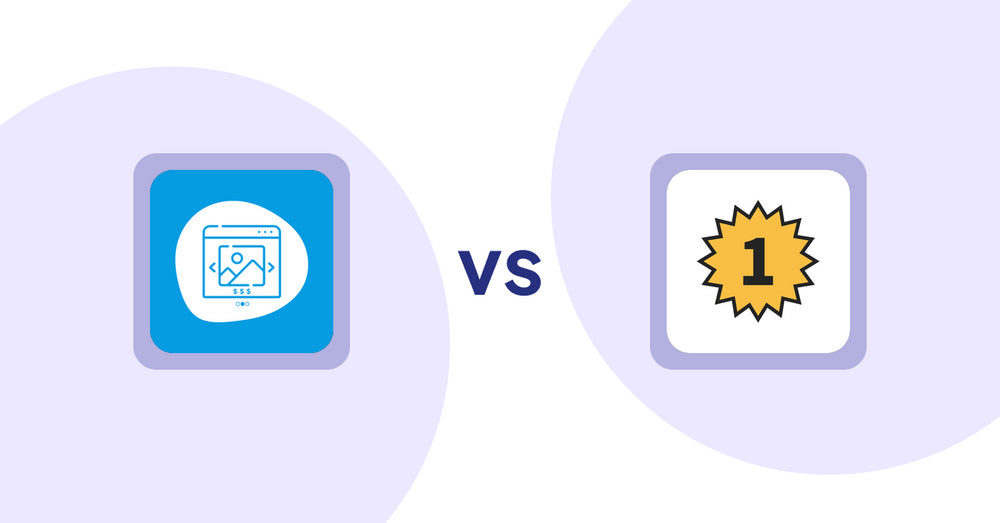
Shopify Product Display Apps: Quick Product Navigator Slide vs. UR: Smart Ranking
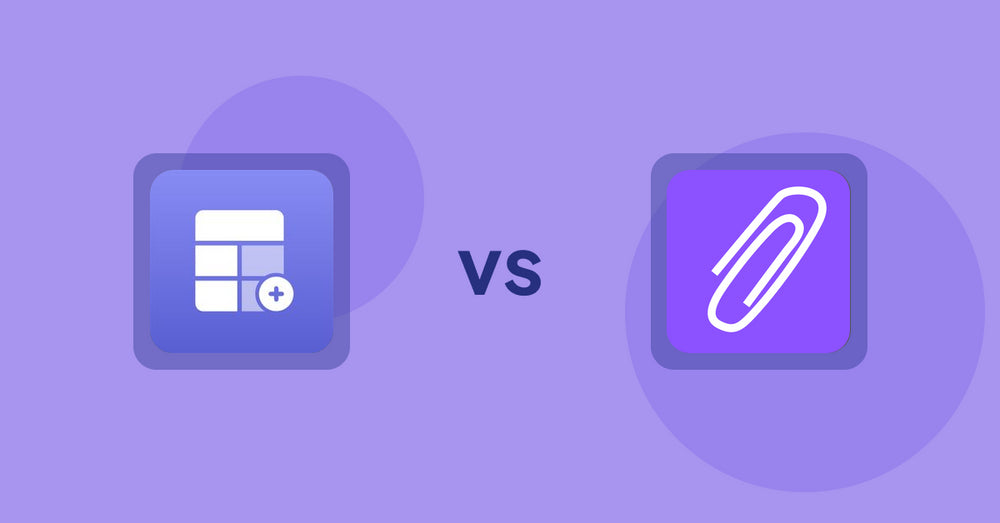
Shopify Product Display Apps: Eazy Specification Tags Table vs Agile Attachments
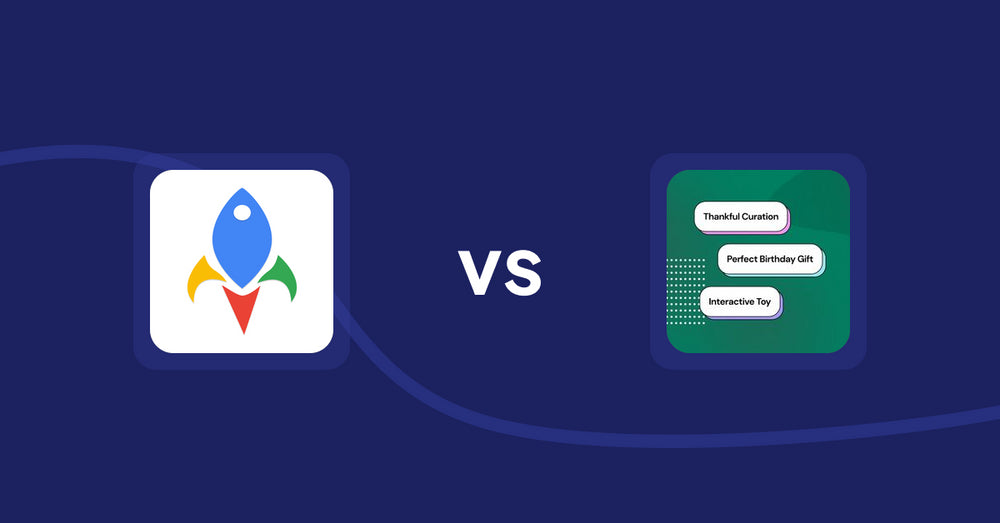
Shopify Product Display Apps: Jedi Back In Stock Admin Alert vs FeatureFrame ‑ Pretty Product
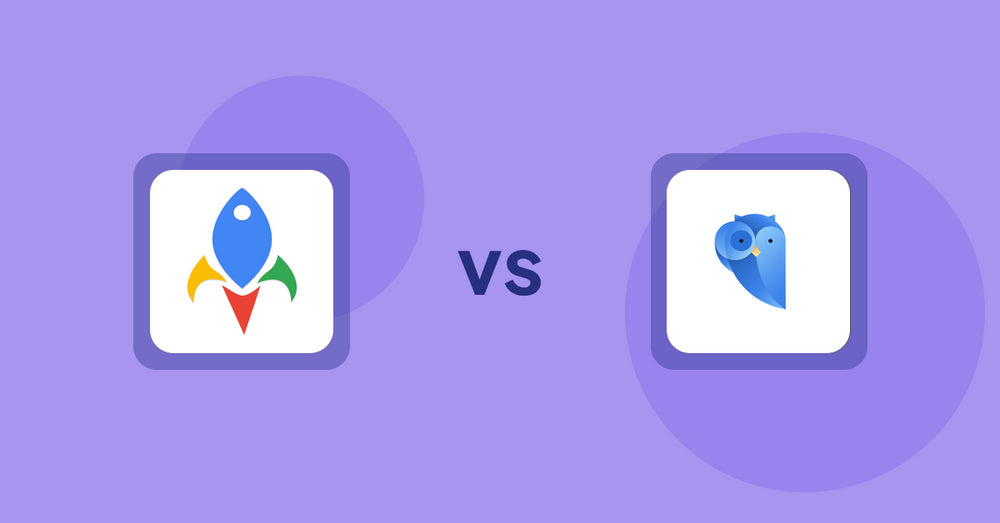
Shopify Product Display Apps: Jedi Back In Stock Admin Alert vs. Findify Search & Merchandise
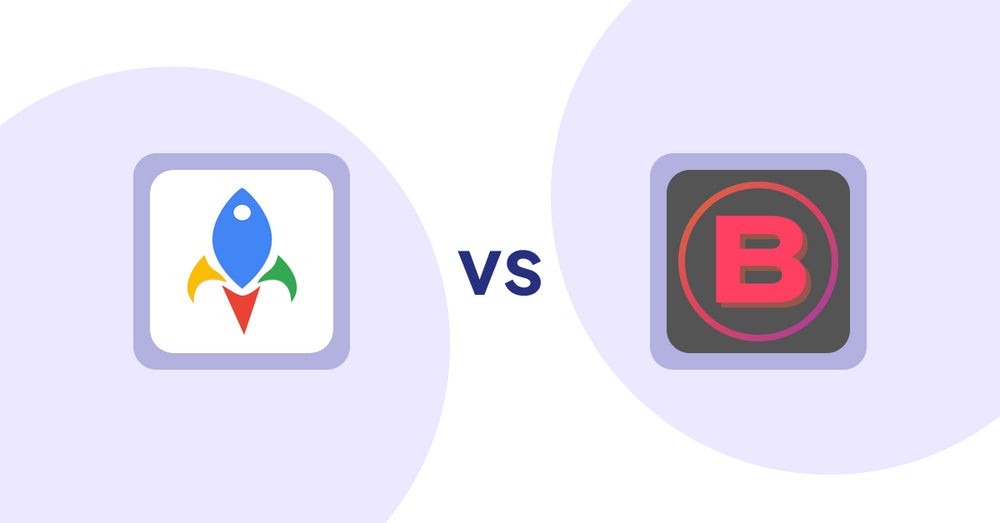
Shopify Product Display Apps: Jedi Back In Stock Admin Alert vs Banter Stories
